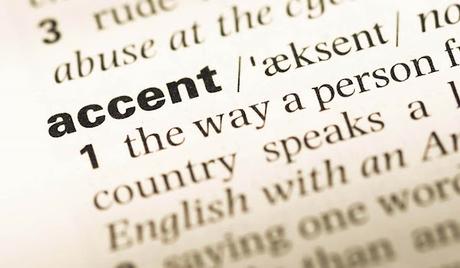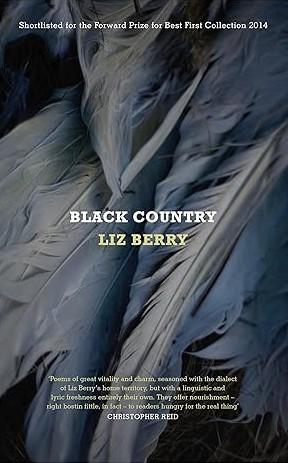
The word dialect comes from the Ancient Greek dialektos “discourse, language, dialect,” A dialect generally involves more than just pronunciation—it differs from another form of the language in at least some grammatical structures and vocabulary.Accent goes back to Latin, where the root referred to the stress patterns in vocal music. (It's related to the words "cant" and "chant".) It has been used in English to refer to spoken words since at least the 10th century. As the term is used by linguists, everybody has an accent. It's the sum of the way you form your vowels, stress your syllables, lengthen your sounds, etc. There has to be an accent in the same way that every sound has a length (thank you to Joshua Engel for that explanation).For example if you get a Preston newsreader, a BBC newsreader and Scottish newsreader to each read the same written script. And let’s say they are all perfect readers. All the words and grammar will be the same. The difference in what you hear will be accent.But if they meet up for a cup of tea these 3 people’s speech will differ in vocabulary and in grammar, as well as in pronunciation. The totality of these differences are called a dialectI once worked at a major London Teaching Hospital and one day a Consultant and two medical students were heading to the same lift I was waiting for. The two students were doing the “Yah, absolutely Sir” to the Consultant but when they got on the lift with me and their boss had carried on down the corridor the conversation changed to “What yowm doin tomorrer?”.

Shakespeare memorial room at Birmingham central library
I said above that to overseas folk the Birmingham accent is lilting and melodious. What do British people think?YouGov said that the West Country accent is considered the most attractive to over-60s compared to only 22% of 18-24 year-olds. The opposite perception had developed for Northern Irish too, with most 18-24 year-olds seeing it as attractive, compared to only 37% of over-60s, and then the Geordie accent also had a greater appeal to older British people too.Here’s the list in full. The Most Attractive Accents in the British Isles are:Southern Irish
Received Pronunciation
Welsh
Yorkshire
West Country
Geordie
Northern Irish
Glaswegian
Cockney
Mancunian
Scouse
BrummieI also said above that I would now prove that Shakespeare wrote in a Birmingham dialect and/or accent. Unfortunately, I have run out of space.People sometimes mix up the Birmingham accent with the Black Country one. They are different but for this I don’t care as it’s a great poem by Liz Berry and anyway she now lives in Birmingham.

Homing
For years you kept your accent
in a box beneath the bed,
the lock rusted shut by hours of elocution
how now brown cow
the teacher’s ruler across your legs.
We heard it escape sometimes,
a guttural uh on the phone to your sister,
saft or blart to a taxi driver
unpacking your bags from his boot.
I loved its thick drawl, g’s that rang.
Clearing your house, the only thing
I wanted was that box, jemmied open
to let years of lost words spill out –
bibble, fittle, tay, wum,
vowels ferrous as nails, consonants
you could lick the coal from.
I wanted to swallow them all: the pits,
railways, factories thunking and clanging
the night shift, the red brick
back-to-back you were born in.
I wanted to forge your voice
in my mouth, a blacksmith’s furnace;
shout it from the roofs,
send your words, like pigeons,
fluttering for home. Liz BerryThanks for reading, Terry Q. Email ThisBlogThis!Share to TwitterShare to Facebook
